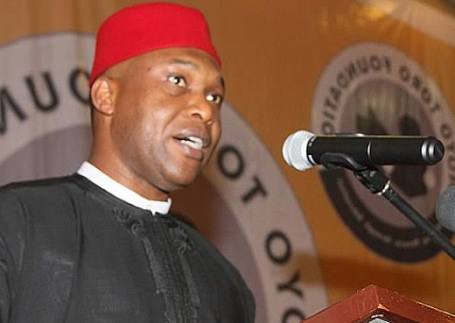As Governor of Anambra State I will build a museum in Anambra as a memorial to the valor, sacrifice and courage of those who died so that we will live. We remember…..
The scars of the war and the psychological damage on both sides were covered with the wall paper of oil boom denying the country an opportunity for introspection and catharsis. On the Nigerian side, the psychological damage arising from a bloody three – year war to keep the country one did not find a healing outlet. We talk today of the Unknown Soldier and perform some perfunctory ceremony ostensibly to honour that soldier whose purpose and reason for dying remains unknown to the post-civil war generation or even to those who fought alongside the soldier.
On the Eastern side of the country the three Rs of Reconciliation, Reconstruction and Rehabilitation provided the convenient ointment to soothe the pains of the bitter pogroms and war. Together with the oil boom and the quest to survive, the necessary soul searching and existential interrogation that ought to accompany the reconciliation never occurred.
Taking an example from the United States of America, a country founded on the idea of freedom and inalienable rights, we look at the way those who lost their lives during the American Civil war and the Second World War are treated. Every June 6, the world celebrates the D-Day, the landing at Normandy. On the 50th anniversary of that landing, veterans, Presidents, Prime Ministers gather at Normandy to celebrate the most audacious military campaign by the Allies to fight back Nazism. At the National D-day Memorial located in Bedford, Virginia, the community suffering the highest per capita D-Day losses in America, the memorial is described “…as a permanent tribute to the valour, fidelity and sacrifice of D-Day participants. The memorial is encompassed by the names of the 4,413 Allied soldiers who died in the invasion”

